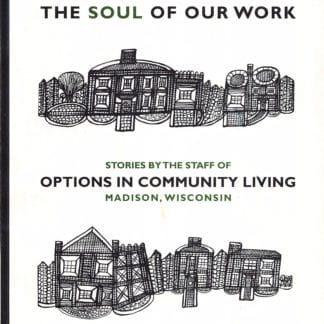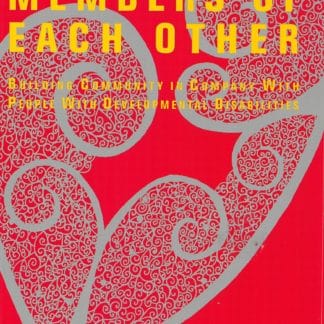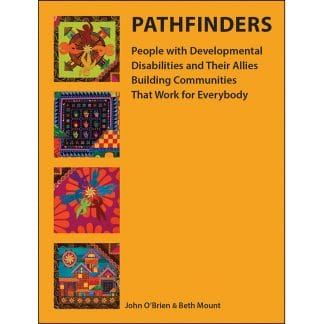A Review of the Transition to Individualized Supports
For People Served by the Community Services Department of United Cerebral Palsy Association of Oregon and S.W. Washington
John O’Brien
May, 1998
Most business approaches to quality improvement assume a stable process and long term decisions, external to the quality improvement process, about the goals, strategy, and structure of the organization. Typical quality improvement tools do not contemplate frequent redefinitions of the nature and direction of work because they are tools for making things well or tools for dealing effectively with large numbers of brief, routine service episodes. Indeed, the fundamental insight which triggered successive waves of life improvement for people with disabilities over the past twenty years calls most management approaches into question. This insight –that people with disabilities are whole people first, entitled to respectful personal relationships with those who assist them– contradicts organizational processes which cast people into impersonal roles, such as the roles of client or customer. The search for better quality supports for people with developmental disabilities requires new forms of organization and the invention of the tools to create them collaboratively with the people who benefit from continuously improving support.
Today, more than ever before, people with developmental disabilities rely on the capacity for rapid and fundamental learning by the people who serve them. A virtuous circle of new understandings of people with disabilities, new approaches to support, and new community experiences creates an enduring gap between common practice and best practice.



